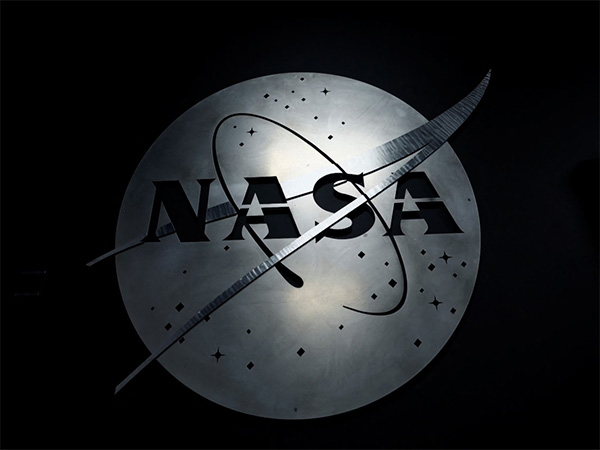NASA Faces Major Workforce Shakeup Amid Proposed Budget Cuts
Over 2,145 senior NASA employees could leave as the Trump administration proposes a 25% budget cut. The potential layoffs, prompted by efforts to streamline federal spending, threaten NASA's operations, including key missions to the moon and Mars. Congress may yet counter these cuts.

- Country:
- United States
In a sweeping move that could reshape NASA's workforce, over 2,145 senior employees may depart due to proposed federal budget cuts under the Trump administration, according to documents obtained by Politico.
The cuts, which trim nearly 25% of NASA's funding, form part of a wider strategy aimed at reducing federal expenditure and streamlining government operations, potentially impacting key space exploration missions.
Politico's report is based on a letter from the Executive Office of the US President, sent to Susan Collins, Chair of the US Senate Committee on Appropriations. The letter lays out recommendations for discretionary funding levels for fiscal year 2026, following a detailed review of 2025 expenditures.
Trump's proposed funding reductions span eight of NASA's nine budgeted areas, affecting programs such as space science, mission support, and human exploration systems.
The workforce restructuring plan includes offering early retirement and buyouts among other measures. This move could deplete NASA of critical experience and expertise, with a concentration of losses in higher-level positions and essential operational roles.
With some 875 GS-15 roles targeted, these senior-level government ranks possess specialized skills crucial to NASA's mission, as highlighted by Casey Dreier, chief of space policy at The Planetary Society.
If enacted, the budget cuts would push NASA to operate on its lowest budget and workforce since the 1960s, necessitating difficult decisions across its regional centers.
The proposed cuts come at a critical time, as NASA strives to meet goals such as sending astronauts to the moon by 2027 and later to Mars. However, with skilled personnel potentially leaving for better-paying roles in the private sector, NASA could face significant operational setbacks.
The White House's proposal still requires Congressional approval, with some signs of resistance from lawmakers who have signaled support for retaining NASA's capabilities.
(With inputs from agencies.)










